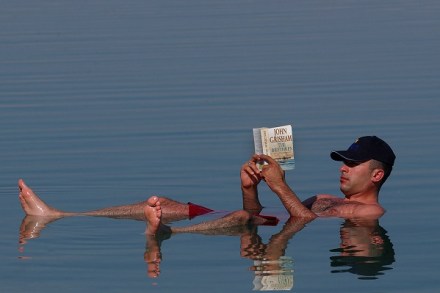The Wit and Wisdom of Boris Johnson, edited by Harry Mount – review
It’s just a guess, but I suspect that the mere sight of this book would make David Cameron gnash his tiny, perfect dolphin teeth until his gums began to bleed. What on earth can he do about Boris Johnson? What can any of us do? There’s something inexorable — irresistible even — about his progress, and this slender volume of drolleries represents another small step on the increasingly well-lit path to ultimate power: what may come to be known as the ‘Boris Years,’ or even the ‘Boris Hegemony’. This book thus becomes more than merely amusing and entertaining (it’s both, needless to say); it becomes potentially significant. Future generations may












